
Many of us have experienced those mornings when our minds feel sluggish, tasks seem insurmountable, and a general haziness descends upon our thoughts. This pervasive state, often described as brain fog, is far more than just a fleeting sensation for countless Americans; it’s an ongoing, frustrating reality marked by mental fatigue, forgetfulness, sluggish thinking, and a general sense of cognitive dullness. It’s easy to attribute these feelings to stress, lack of sleep, or the inevitable march of aging, yet the true culprit could often be something much simpler, and more surprisingly, reversible: a deficiency in essential vitamins and minerals.
Your brain, a powerhouse of activity, requires a steady and adequate supply of specific nutrients to function at its best. When these crucial vitamins and minerals are lacking, its intricate systems can falter, leading to a noticeable decline in memory, focus, and overall cognitive performance. This isn’t just about feeling a little tired; it’s about a foundational imbalance beneath the surface that impacts everything from nerve signaling to energy metabolism, ultimately compromising your mental clarity and physical vitality.
In this in-depth guide, we will embark on a journey to uncover 14 pivotal nutrient deficiencies that are increasingly linked to chronic fatigue and brain fog. We’ll explore the science behind how these deficiencies manifest in your body and mind, shed light on common signs you might be experiencing, and provide evidence-based insights into what you can do to address these imbalances. Understanding these connections is the first step towards reclaiming your mental sharpness and sustained energy, moving from a state of cognitive cloudiness to one of clarity and vigor.

1. Copper Deficiency: The Overlooked Mineral’s Mighty Impact
Copper is an essential and important trace mineral that is often overlooked despite its mighty impact on our health. Our bodies only need a tiny amount of it each day, yet this all-important trace mineral plays a key role in numerous vital bodily functions. It’s crucial for energy production within cells, supports the immune system, is involved in red blood cell synthesis, contributes to the formation of collagen and healthy bones, and is fundamental for brain development.
Interestingly, copper and iron work in tandem to ensure proper red blood cell production. Iron actually needs copper to be properly used in the body, which highlights their intricate relationship. If the body doesn’t have enough copper, iron absorption and utilization can be impaired, potentially leading to anaemia. This is because ceruloplasmin, a copper-containing protein, is crucial in binding iron to transferrin, the protein that transports iron in the bloodstream to various cells.
According to UK dietary guidelines, we need approximately 1.2mg of copper a day, an amount typically achievable through a well-balanced diet. While a copper deficiency, also known as hypocupremia, is relatively rare as an isolated event, it can be debilitating, presenting with vague symptoms that often overlap with other conditions, making it difficult to diagnose. However, certain conditions and risk factors, such as gastric surgery or inflammatory bowel disease, are more commonly associated with a deficiency.
When copper levels are low, the impact on cognitive function and energy can be significant. Common signs of a copper deficiency include persistent fatigue and memory problems. The recent study in Scientific Reports highlights copper’s important role in brain function and development, suggesting an association between copper intake and enhanced brain health, possibly due to copper being used by enzymes to help supply energy to the brain. Furthermore, neurological symptoms such as numbness in fingertips and toes, or a tingling sensation in legs, hands, and feet, may mimic a B12 deficiency, underscoring copper’s role in maintaining nerve health and function. Difficulty with balance and proper walking can also arise, as copper plays a crucial role in maintaining a healthy nervous system, disrupting signals between the brain and body when levels are low.
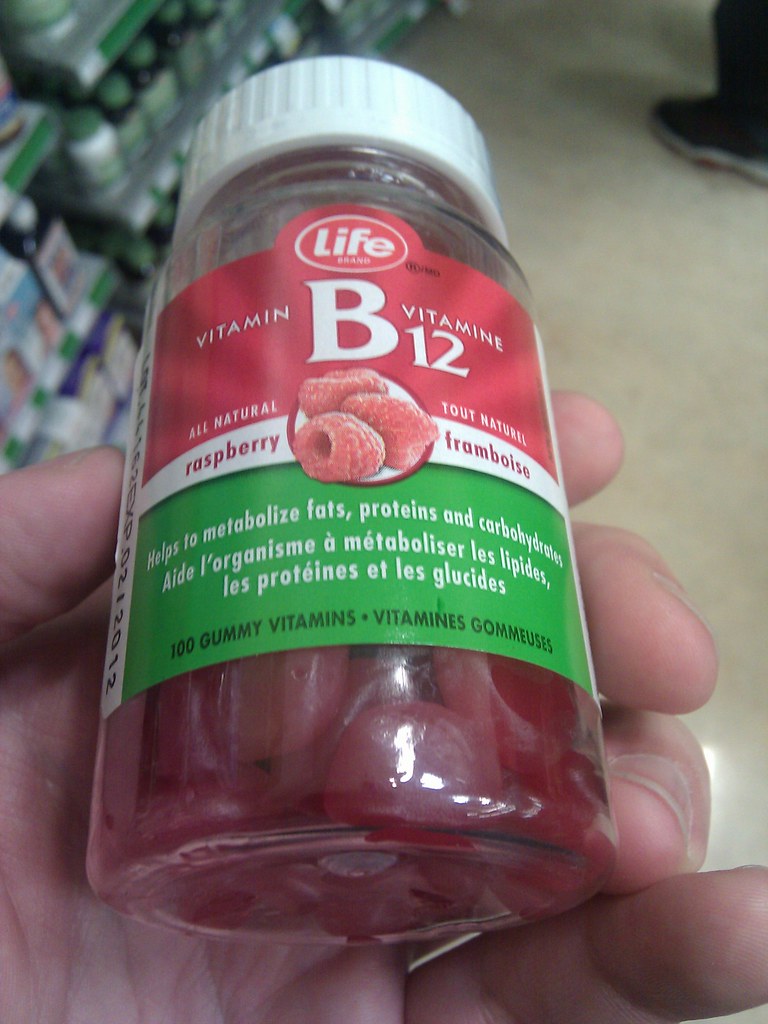
2. Vitamin B12 Deficiency: A Central Player in Cognitive Clarity
Vitamin B12, or cobalamin, is a water-soluble vitamin that holds a pivotal role in maintaining brain and nervous system health. Its contributions are multifaceted, supporting the production of neurotransmitters that facilitate communication between brain cells, maintaining the protective myelin sheath around nerves that ensures efficient signal transmission, and aiding in the synthesis of DNA. Given these critical functions, it becomes clear why a deficiency in B12 can profoundly impact cognitive capabilities.
Studies consistently show that low B12 levels are unequivocally linked to a spectrum of cognitive impairments, including memory loss, pervasive brain fog, and even an increased risk of dementia, particularly in older adults. In fact, one of the hallmark signs of vitamin B12 deficiency is neurological disruption, which directly manifests as memory problems, poor concentration, and the mental haziness we identify as brain fog. Additionally, persistent fatigue is a common symptom reported by those with insufficient B12.
The risk of insufficient B12 absorption isn’t limited to the elderly; young adults, vegans, vegetarians, and individuals with gastrointestinal conditions such such as Crohn’s disease or pernicious anemia are also highly susceptible. These populations often struggle with obtaining or properly absorbing this essential nutrient. For those at risk, understanding the symptoms and seeking appropriate intervention is crucial for maintaining cognitive vitality.
Fortunately, addressing a B12 deficiency is often straightforward. Incorporating B12-rich foods into your diet, such as eggs, meat, fish, and dairy, can help replenish levels. For vegetarians and vegans, or individuals with malabsorption issues, supplementation becomes a vital strategy. Typical therapeutic doses for brain fog can range between 500 mcg to 2000 mcg per day, with methylcobalamin being a preferred form for its enhanced bioavailability. It’s reassuring to know that B12 is generally safe even at high doses because, as a water-soluble vitamin, any excess is readily excreted by the body.
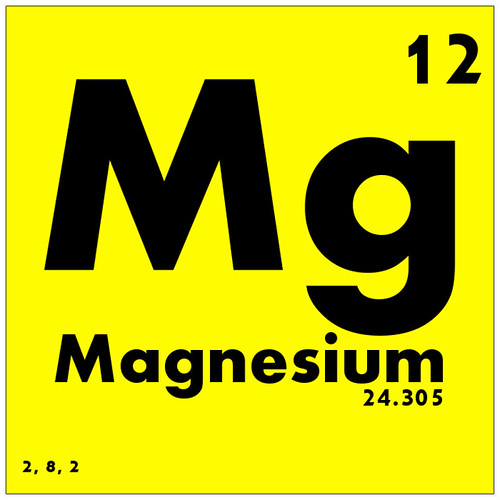
3. Magnesium Deficiency: The Quiet Architect of Brain Function
Magnesium stands as a vital mineral, often referred to as nature’s tranquilizer, playing an indispensable role in over 300 enzymatic reactions throughout the body. For brain health, its importance cannot be overstated, as it is crucial for brain plasticity, the ability of the brain to adapt and form new connections, as well as for memory formation and optimal neurotransmitter function. These processes are fundamental for clear thinking, effective learning, and emotional regulation.
The consequences of a magnesium deficiency can significantly impair cognitive function and contribute to feelings of anxiety. Research clearly indicates that a lack of sufficient magnesium is linked to poor cognitive function and heightened anxiety. Common signs of deficiency manifest as brain fog, difficulty sleeping, muscle cramps, and increased anxiety. Beyond these, magnesium is known to help muscles recover after a workout and even appears to calm the mind at night, fostering better sleep quality.
It’s also important to recognize how lifestyle factors can deplete this crucial mineral. Stress, in particular, slowly but steadily eats away at magnesium and potassium levels in the body. Before you know it, this depletion can lead to noticeable dips in energy, making daily tasks feel more challenging, and can severely impact sleep quality, perpetuating a cycle of fatigue and mental fogginess.
Optimizing your magnesium intake is a practical step towards enhancing brain health and reducing fatigue. Incorporating magnesium-rich foods into your daily diet is highly beneficial; excellent sources include leafy greens like spinach, pumpkin seeds, almonds, and even dark chocolate. If dietary intake alone isn’t sufficient, a magnesium glycinate supplement is often recommended due to its excellent absorption and gentle effect on the digestive system, providing a targeted boost to support muscle recovery, relaxation, and cognitive clarity.

4. Iron Deficiency: Powering the Brain with Essential Oxygen
Iron is a fundamental mineral, playing an absolutely critical role in transporting oxygen throughout the body, including to the brain. This oxygen delivery is absolutely essential for optimal cognitive performance, ensuring that brain cells receive the fuel they need to function efficiently. When iron levels are insufficient, the brain’s oxygen supply can be compromised, leading to a cascade of cognitive and physical impairments.
Indeed, iron deficiency has been explicitly linked to impaired memory, a reduced attention span, and pervasive mental fatigue. The brain, being a highly oxygen-dependent organ, is particularly sensitive to fluctuations in iron status. Individuals experiencing an iron deficiency often report trouble concentrating, persistent fatigue that can be debilitating, episodes of dizziness, and visibly pale skin, all pointing to the body’s struggle to adequately oxygenate its tissues, including the vital neural pathways.
It’s also fascinating to note the interconnectedness of essential minerals within the body. A copper deficiency, for instance, can directly impact iron utilization. This is because iron needs copper to be properly absorbed and used, and therefore, copper deficiency can present symptoms that mimic iron deficiency anaemia. This highlights the importance of assessing multiple nutrient levels when symptoms of fatigue and cognitive decline arise, rather than focusing on just one potential cause.
To combat iron deficiency and support optimal brain function, increasing your intake of iron-rich foods is a key strategy. Excellent sources include red meat, spinach, lentils, and tofu. To enhance the absorption of non-heme iron (found in plant-based foods), it’s highly beneficial to pair these iron-rich foods with vitamin C-rich foods, such as citrus fruits or bell peppers. This simple dietary adjustment can significantly improve your body’s ability to utilize the iron you consume, helping to restore energy and mental clarity.
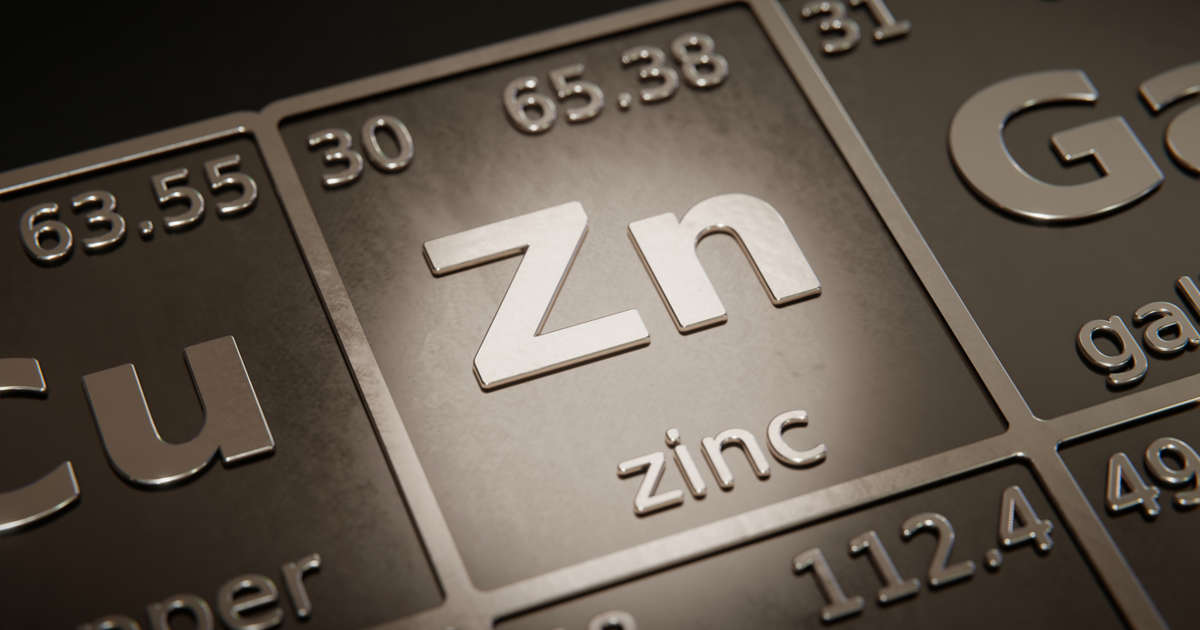
5. Zinc Deficiency: Guarding Synaptic Transmission and Memory
Zinc is a trace mineral that plays a remarkably crucial role in synaptic transmission and neuroplasticity—processes vital for learning, memory, and overall brain function. It acts as a cofactor for numerous enzymes involved in brain metabolism and neurotransmitter activity, making its presence essential for the brain’s complex signaling networks to operate effectively. When zinc levels are optimal, the brain can communicate efficiently and adapt to new information with ease.
Conversely, low zinc levels have been directly linked to a range of cognitive impairments, including cognitive decline, memory impairment, and that all-too-familiar feeling of brain fog. Beyond cognitive symptoms, zinc deficiency can also manifest through a weakened immune system and slow wound healing, indicating its broad impact on bodily functions. These signs underscore zinc’s fundamental importance not just for mental acuity, but for overall physiological resilience.
It is also essential to be aware of the delicate balance between minerals. Excessive zinc intake, often from supplements, can actually prevent the absorption of copper because the two minerals compete for absorption in the gut. While zinc is vital for immune support and skin health, and most over-the-counter supplements are generally safe, higher strength supplements, if taken for a long period, may inadvertently lead to a copper deficiency, thus creating new health challenges.
Ensuring adequate zinc intake is straightforward with a balanced diet. Zinc-rich foods include oysters, beef, pumpkin seeds, and chickpeas. These are excellent dietary sources that can help maintain optimal levels. If dietary intake is a concern, or if there’s a confirmed deficiency, a zinc supplement may be recommended, always with careful consideration of dosage to avoid any adverse interactions with other essential minerals like copper.

6. Vitamin D Deficiency: The Sunshine Vitamin’s Cognitive Connection
Often hailed as the “sunshine vitamin,” Vitamin D plays a far more expansive role than just bone health; it is increasingly recognized for its significant involvement in cognitive function and its protective effects against neurodegeneration. This fat-soluble vitamin acts more like a hormone, influencing numerous physiological processes, including those within the brain. Its presence is vital for maintaining neural health and preventing age-related cognitive decline.
Compelling scientific studies have established a clear link between low vitamin D levels and a heightened risk of memory loss and even an increased susceptibility to Alzheimer’s disease. This suggests that adequate vitamin D status may be a modifiable factor in preventing or slowing the progression of cognitive disorders. The symptoms of a deficiency can manifest as persistent brain fog, chronic fatigue, mood swings, and a susceptibility to frequent illness, collectively indicating a systemic impact on both mental and physical well-being.
Given the widespread nature of vitamin D deficiency, especially in populations with limited sun exposure, proactive measures are often necessary. A straightforward way to boost your levels is by getting 10–30 minutes of daily sunlight exposure, allowing your skin to synthesize the vitamin naturally. Additionally, incorporating vitamin D-rich foods such as fatty fish, egg yolks, and fortified dairy products into your diet can contribute to adequate intake. For those whose levels remain low, a vitamin D3 supplement is a widely recommended and effective option.

7. Omega-3 Fatty Acids Deficiency: Fueling Brain Structure and Function
Omega-3 fatty acids, particularly docosahexaenoic acid (DHA), are not just beneficial; they are absolutely crucial for the optimal structure and function of the brain. DHA is a primary structural component of the brain, making up a significant portion of brain cell membranes. These healthy fats are essential for maintaining cell membrane fluidity, which is critical for efficient nerve signaling and overall cognitive performance. Without sufficient omega-3s, brain cells may struggle to communicate effectively.
Research consistently highlights the profound benefits of omega-3s for brain health. Studies suggest that adequate intake can significantly improve memory, reduce inflammation within the brain, and help slow cognitive decline as we age. Their anti-inflammatory properties are particularly important, as chronic inflammation is increasingly implicated in various neurological disorders and cognitive impairments, including brain fog and fatigue.
The signs of an omega-3 deficiency can be quite telling, affecting both cognitive and physical well-being. Individuals may experience poor memory, persistent trouble focusing, dry skin, and noticeable mood swings. These symptoms collectively indicate that the brain and other bodily systems are not receiving the essential fatty acids they need to function optimally, leading to a noticeable dip in mental sharpness and emotional balance.
Addressing an omega-3 deficiency is often achieved through dietary adjustments and strategic supplementation. Incorporating fatty fish like salmon, sardines, and mackerel into your diet provides an excellent source of these essential fats. For those who prefer plant-based options, walnuts and flaxseeds are valuable alternatives. Additionally, considering a high-quality omega-3 supplement can ensure consistent and adequate intake, supporting improved memory, focus, and overall brain health, thereby helping to clear the debilitating brain fog and boost energy levels.

8. Choline Deficiency: The Memory Maestro’s Essential Fuel
Choline is a critical nutrient, often overlooked, yet foundational for our cognitive abilities. It serves as a precursor to acetylcholine, a vital neurotransmitter that plays an indispensable role in processes like memory and learning. When our brain cells need to communicate efficiently, or when we are trying to absorb new information, choline is right there, making it all possible.
The science behind choline’s impact on brain health is compelling. Studies consistently suggest that adequate choline intake, and even supplementation, can significantly enhance cognitive function. It also appears to offer a protective shield against memory decline, especially as we age, making it a key player in maintaining sharp mental acuity throughout life.
Identifying a choline deficiency can be tricky, as its symptoms often overlap with other issues. However, common signs include a noticeable brain fog, difficulty absorbing and retaining new information, and a general struggle with concentration. If you find yourself consistently grappling with these cognitive hurdles, it might be worth considering your choline intake.
Fortunately, integrating more choline into your diet is quite achievable. Excellent dietary sources include nutrient powerhouses like eggs, beef liver, and salmon. For those seeking plant-based options, cruciferous vegetables are valuable contributors. In cases where dietary intake isn’t sufficient, a choline supplement, such as Alpha-GPC, can be a beneficial strategy to support memory and learning.

9. Folate (Vitamin B9) Deficiency: Nurturing Mood and Mental Sharpness
Folate, often known as vitamin B9, is a critical nutrient deeply intertwined with our psychological well-being and cognitive function. This essential B vitamin is indispensable for DNA synthesis, cell growth, and the production of neurotransmitters that regulate mood. Its widespread influence means that even slight shortfalls can significantly impact our mental and emotional landscapes.
Research clearly links low folate levels to psychological symptoms like depression and anxiety in adults and the elderly. Studies from Japan and Iran have shown that individuals with depressive symptoms often have lower folate intakes. Moreover, higher plasma folate levels are consistently associated with improved cognitive performance, highlighting its direct role in maintaining mental sharpness.
The long-term implications are substantial: low baseline folate intakes in women have been linked to a higher risk of cognitive decline or dementia. Similarly, young adults with good folate intake show better cognitive function decades later. Optimizing folate is a crucial step towards sustained brain health and emotional resilience, preventing the insidious creep of mental fogginess.

10. Niacin (Vitamin B3) Deficiency: Fueling Brain Energy and Focus
Niacin, or vitamin B3, is a powerhouse nutrient involved in over 200 enzymatic reactions in the body, many of which are crucial for energy production and cellular communication within the brain. Its role in cognitive health is often underestimated, yet it is fundamental for maintaining neural integrity and ensuring our minds operate with clarity and efficiency. A steady supply of niacin is essential for overall brain vitality.
Compelling evidence highlights a positive association between optimal niacin status and a reduced risk of serious cognitive conditions, including Alzheimer’s disease and general cognitive decline. This suggests that adequate niacin intake may serve as a protective factor, helping to preserve brain function as we age and fend off the encroaching shadows of mental deterioration.
Long-term studies further emphasize niacin’s profound impact. In a significant cohort of 3136 American adults, those who maintained a higher dietary niacin intake during their young adult years (ages 18 to 30) exhibited markedly better results in cognitive tests 20 to 25 years later. This enduring benefit underscores the importance of consistent niacin intake from an early age for sustained mental sharpness.
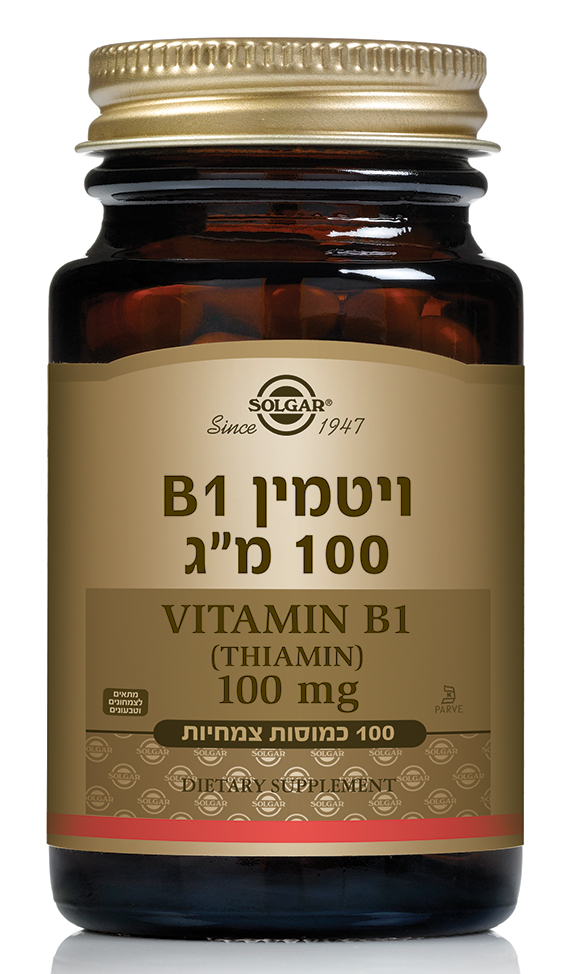
11. Thiamine (Vitamin B1) Deficiency: The Brain’s Energy Architect
Thiamine, also known as vitamin B1, is a cornerstone of our body’s energy metabolism, particularly within the brain. It acts as a critical coenzyme in glucose metabolism, converting the food we eat into the energy our brain cells desperately need to perform their myriad functions. Without sufficient thiamine, this vital energy supply can falter, impacting cognitive performance.
The link between thiamine deficiency and cognitive impairment is well-documented. Low dietary intakes of thiamine are associated with a higher risk of cognitive decline and neurological issues. This is particularly evident in conditions like Alzheimer’s disease, where thiamine-dependent biochemical processes are noticeably diminished, severely hampering glucose metabolism in the brain.
When the brain struggles to process glucose effectively, the consequences can be profound, leading to a range of cognitive symptoms. These can manifest as persistent brain fog, difficulty concentrating, and overall mental sluggishness. Ensuring adequate thiamine intake is therefore a crucial step in supporting healthy brain function and maintaining consistent mental energy throughout the day.
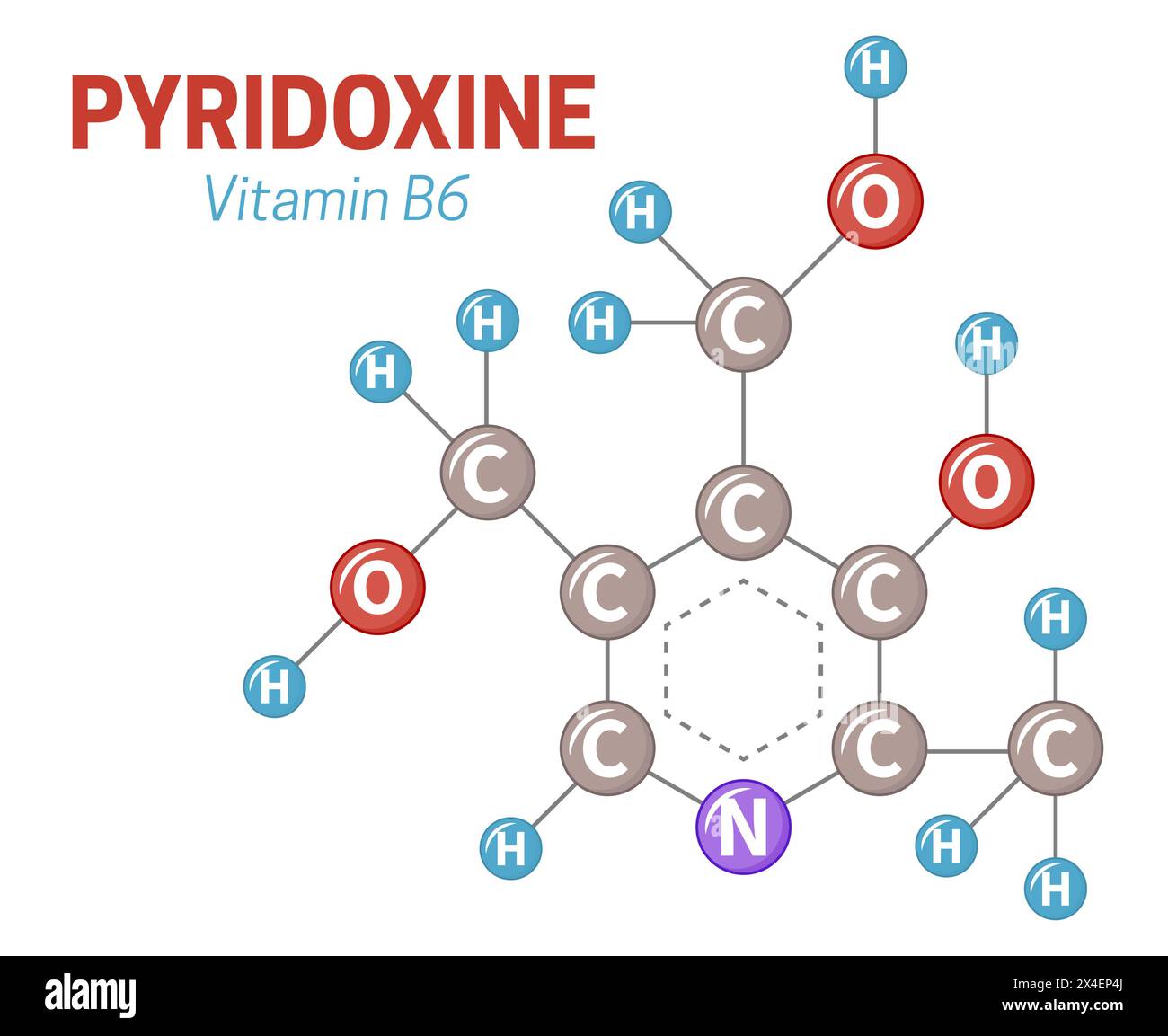
12. Pyridoxine (Vitamin B6) Deficiency: Supporting Neurotransmitters and Speed
Pyridoxine, commonly known as vitamin B6, is a versatile nutrient involved in over 100 enzyme reactions, many of which are critical for brain development, neurotransmitter synthesis, and cognitive function. It plays a key role in producing serotonin and norepinephrine, which influence mood, and also helps in the formation of myelin, the insulating sheath around nerve cells that ensures rapid signal transmission.
Research has illuminated the impact of B6 deficiency on mental well-being and cognitive speed. A study in elderly Japanese females, for instance, found a negative relationship between depressive symptoms and levels of B6 intake. This suggests that maintaining optimal pyridoxine levels can contribute to better emotional regulation and a more stable mood, reducing the likelihood of mood-related cognitive dips.
Furthermore, B6 is instrumental in maintaining our psychomotor speed—the ability to coordinate thought and movement. A long-term cohort study of young adults revealed that those with higher dietary pyridoxine intake at baseline showed significantly better results in psychomotor speed tests two decades later. This demonstrates its lasting influence on cognitive processing and physical responsiveness.
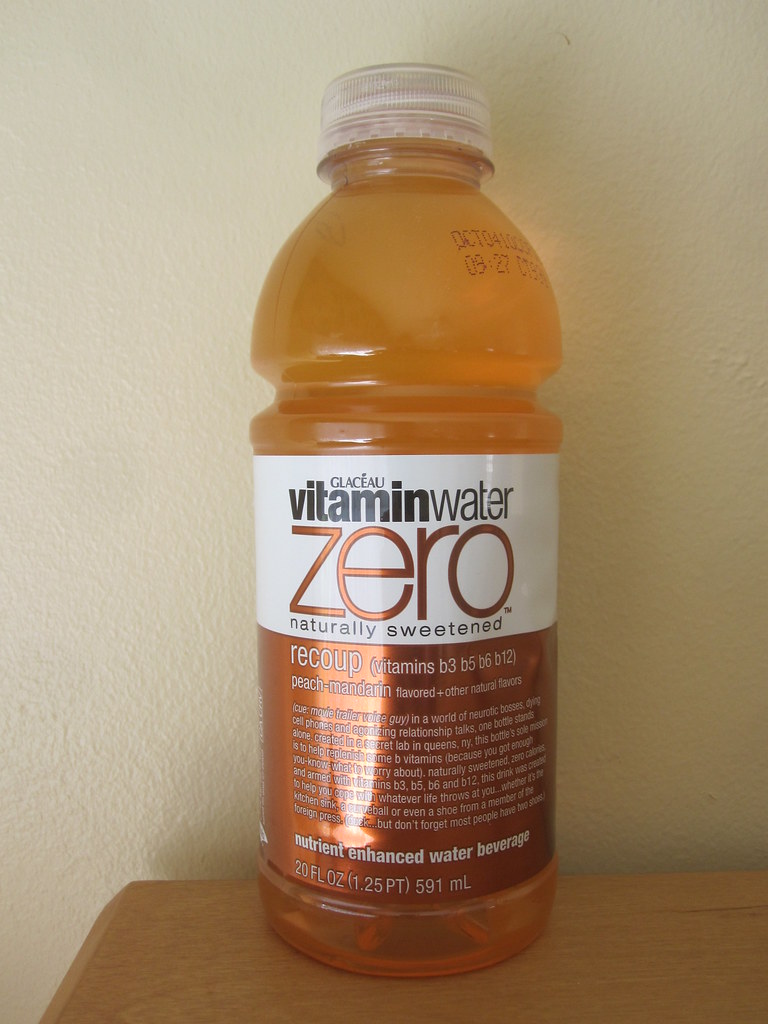
13. Pantothenic Acid (Vitamin B5) Deficiency: The Unsung Hero of Functioning
Pantothenic acid, or vitamin B5, is an unsung hero in the complex symphony of our metabolism, especially for brain health. It is a fundamental component of coenzyme A (CoA), which is vital for the synthesis of fatty acids, cholesterol, and neurotransmitters. This means it plays a direct role in fueling brain cells and facilitating the intricate chemical processes that underpin cognitive function.
While severe deficiencies are rare, inadequate pantothenic acid intake can subtly impair our psychological and cognitive functioning. Studies have shown a correlation between low dietary intakes of B5 and lower scores in assessments of overall functioning among adults with mood disorders. This suggests that sufficient B5 is necessary for maintaining a robust mental state and coping with daily demands.

14. Potassium Deficiency: Balancing Signals for Alertness
Potassium is an essential electrolyte that plays a pivotal role in maintaining fluid balance, nerve signaling, and muscle contractions throughout the body. While its association with heart health is well-known, its influence on brain function and energy levels is equally profound. It’s a mineral that truly keeps the intricate systems of our body running smoothly and efficiently.
For the brain, potassium is critical for ensuring that nerves send the right signals, which directly impacts everything from our alertness to how our muscles move. When potassium levels are optimal, our neural pathways function more effectively, contributing to sharper focus and a greater sense of mental clarity. Conversely, imbalances can lead to noticeable dips in energy and concentration.
Unfortunately, modern lifestyles, particularly chronic stress, can steadily deplete our body’s potassium levels. This depletion, often alongside magnesium, can lead to a noticeable decrease in energy, making everyday tasks feel much more challenging and contributing significantly to feelings of persistent fatigue and mental fogginess.
**Common Causes of Deficiencies and Lifestyle Impact**
Building on these specific nutrient discussions, it’s vital to recognize the overarching reasons why so many Americans face deficiencies. Beyond diet, modern agricultural practices can diminish mineral content in produce due to soil depletion. This means that even with seemingly healthy eating, we might not be getting enough magnesium or potassium.
Crucially, individual absorption capabilities vary. Gastrointestinal conditions like celiac disease or inflammatory bowel disease directly impair nutrient uptake by damaging the small intestine. Surgical interventions, such as gastric bypass, can also reroute food away from key absorption sites, creating challenges for nutrient sufficiency, including copper and many B vitamins.
Furthermore, our daily lives heavily influence mineral status. Chronic stress actively depletes critical minerals like magnesium and potassium, leading to energy dips and compromised sleep. Even exercise, while beneficial, causes mineral loss through sweat, emphasizing the need for conscious replenishment to counteract these daily drains on our internal reserves.
**The Pivotal Role of Hydration**
Often overlooked, adequate hydration is absolutely foundational for effective mineral absorption and utilization. Water acts as the essential transport system, carrying these vital minerals throughout your body to where they are needed most—nerves, muscles, and brain cells. Even mild dehydration can trigger brain fog, irritability, and physical sluggishness, symptoms often mistaken for nutrient deficiencies themselves.
Aiming for approximately 2 to 3 liters of water daily supports this vital transport. Pairing consistent hydration with your intake of mineral-rich foods significantly enhances absorption. Water also helps your kidneys maintain electrolyte balance and efficiently flush out waste, ensuring minerals are properly managed and contribute effectively to your mental clarity and physical vitality.
**Gut Health: The Unseen Nexus of Nutrient Absorption**
Our gut, frequently termed the “second brain,” hosts a vibrant ecosystem profoundly impacting how we absorb nutrients. A diverse and healthy microbiome is instrumental in breaking down food, rendering minerals bioavailable for your body’s use. Conversely, an imbalanced gut can significantly compromise nutrient absorption, irrespective of your dietary efforts.
Research indicates a link between a less diverse gut microbiome and deficiencies in minerals like magnesium, zinc, and calcium. Certain probiotics, such as *Akkermansia muciniphila*, actively support gut and metabolic health, indirectly boosting mineral absorption efficiency. This highlights that optimizing gut health is a key, often overlooked, strategy in preventing nutrient-related cognitive decline and fatigue.
**Optimizing Your Mineral Intake for Sustained Clarity**
To effectively combat brain fog and chronic fatigue linked to these deficiencies, a proactive approach to mineral optimization is essential. Start with a diverse diet rich in whole foods: leafy greens, nuts, seeds, lean proteins, and fatty fish offer a broad spectrum of vital nutrients. For confirmed deficiencies or dietary gaps, science-backed supplements can be a targeted solution, always with professional guidance.
Ultimately, reclaiming mental sharpness and sustained energy is about listening to your body’s nuanced signals. Those frustrating mornings of brain fog or persistent fatigue are not mere inconveniences; they are vital clues from your body. By integrating a nutrient-dense diet, strategic supplementation, optimal hydration, and nurturing gut health, you can consciously navigate away from cognitive cloudiness towards a life of vibrant clarity and enduring well-being.



